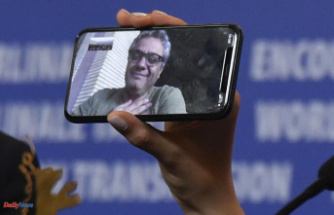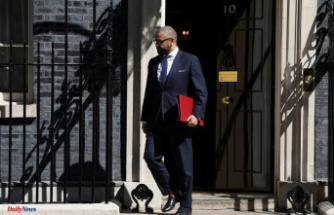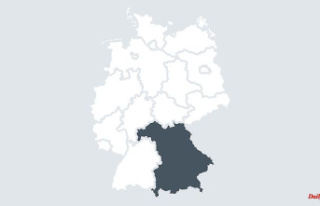Düsseldorf (dpa/lnw) - In the collective bargaining dispute in the North Rhine-Westphalian metal and electrical industry, employers have described the warning strikes since the end of the peace obligation as "unnecessary tightening of the collective bargaining round". They are incomprehensible in view of the tense economic situation in the companies and an "enormous annoyance", said the President of the Association of the Metal and Electrical Industry, Arndt G. Kirchhoff. The entrepreneur is also the employer's negotiator.
With the "superfluous escalation", the union is giving up the opportunity to continue the negotiations in a proper atmosphere. "It would be good if IG Metall now showed movement at the negotiating table instead of on the street," he said. The negotiations in Neuss are to continue this Thursday. It is the fourth round of negotiations. In Bavaria and Baden-Württemberg, negotiations will take place for the fourth time on November 8th. Kirchhoff called on the union to engage in constructive negotiations.
IG Metall continued its warning strikes on Monday. According to trade union information, a total of 7,300 employees from 66 companies in North Rhine-Westphalia temporarily stopped working. Further warning strikes are planned in 15 cities on Tuesday.
In the nationwide regional negotiations, the employers had each offered one-off payments of 3,000 euros and also an unspecified increase in the wage tables for a period of 30 months. IG Metall is demanding eight percent more money for the approximately 3.9 million employees nationwide for a period of twelve months. Around 700,000 people are employed in the sector in NRW.












